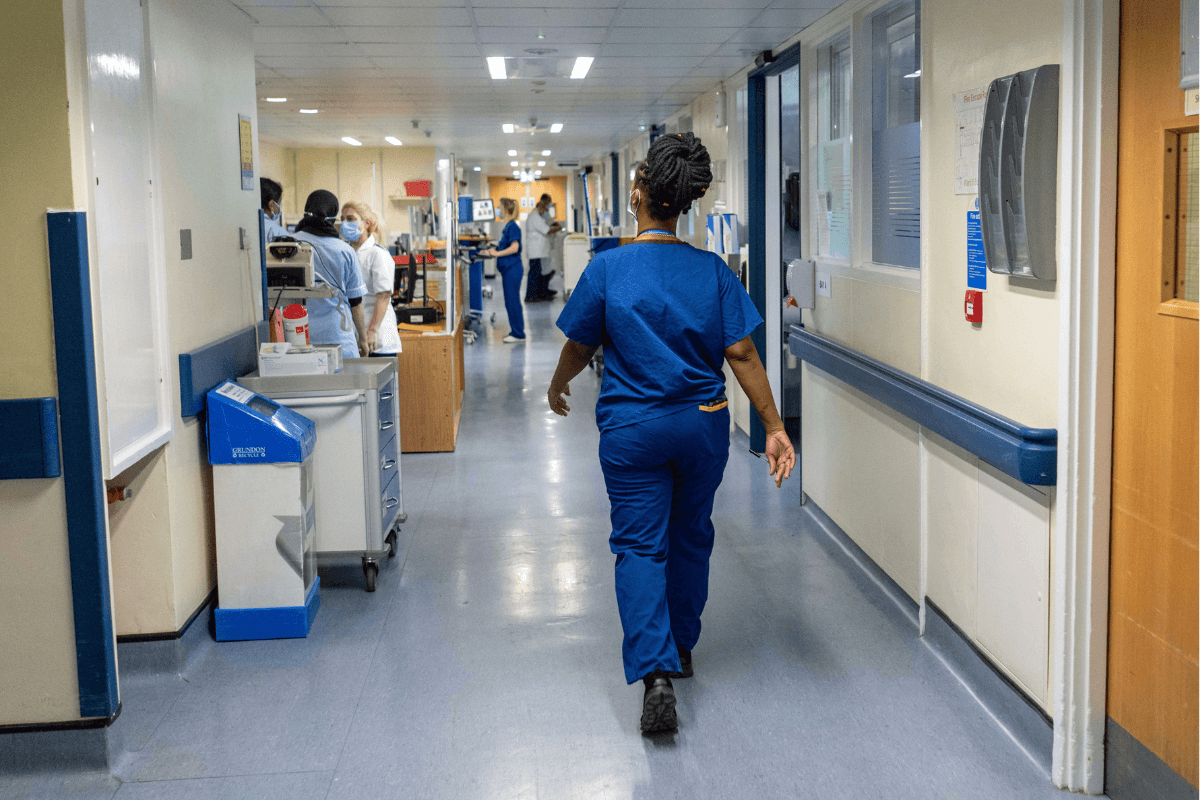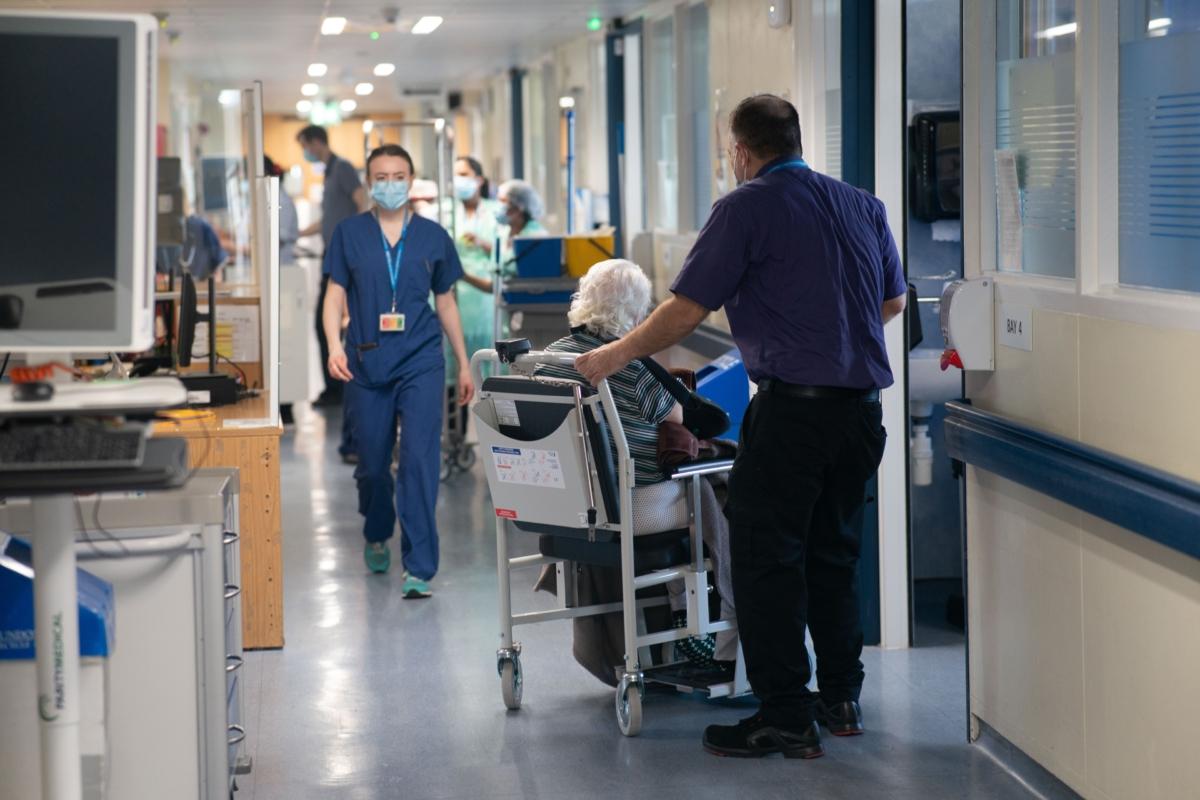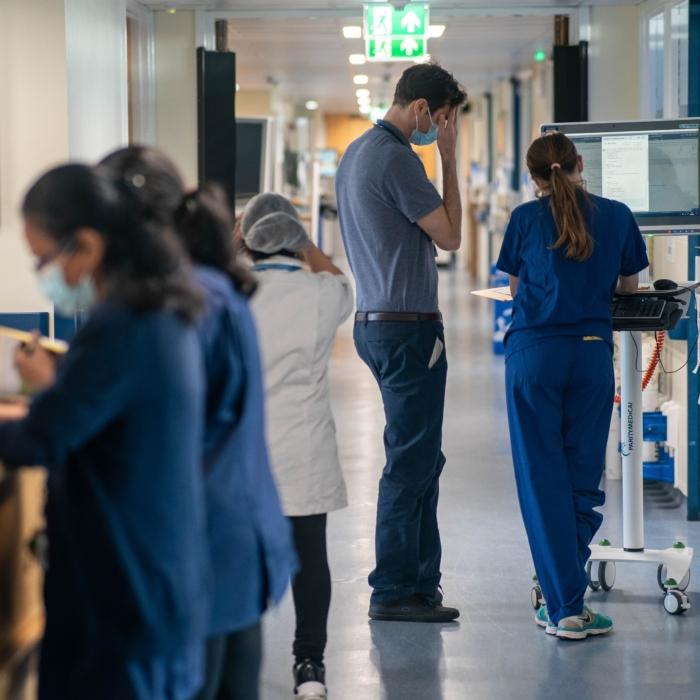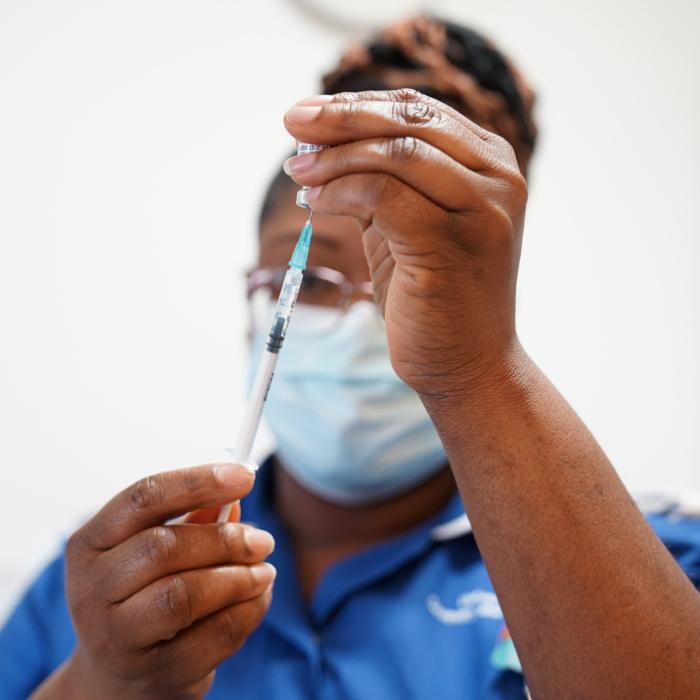Nearly a third of practising doctors in the UK say they are likely to migrate in the next 12 months, according to research by the General Medical Council (GMC).
The GMC’s research, published on Friday, found that 13 percent of practising doctors said they were “very likely” to emigrate in the next year and a further 17 percent said they were “fairly likely.”
The council said that previous research conducted shows a gap between intention and action, “with the number of doctors who actually leave to practise abroad being lower.”
GMC Chief Executive Charlie Massey said the findings were a “stark reminder of the challenges we face in the UK, but it also presents valuable insight into how health care leaders, employers, and workforce planners can target interventions to improve conditions.
Deep Discontent and Burnout
The research, completed late last year by IFF Research and published on April 12, is based on findings from a survey of more than 3,000 doctors who are currently working in the UK, have left the UK to practise abroad, or who have left and since returned.Doctors were asked about their reasons for considering emigration, with “increasing pay” being the top reason at 79 percent.
Three-quarters (75 percent) said they were considering practising abroad because they were “feeling undervalued professionally.” Another high proportion (72 percent) wanted a “better quality of life,” with other reasons being the “demands of role adversely affecting wellbeing” (62 percent), and wanting to have “more non-working time” (61 percent).
More than one-in-ten (13 percent) practising doctors in the UK wanted to go home. Of those who had gone abroad and returned, 33 percent had wanted to go to their home country or country of origin.
The GMC grouped respondents into six categories based on their shared attitudes and experiences. The most negative group and the most likely to say they would leave were in the “Deep Discontent” category and were dissatisfied on “multiple fronts.”
“System Sceptics” were concerned about the direction of health systems and their working conditions. Those categorised as “Burn-out” were found to have been left “exhausted and unsatisfied” with their work-life balance and personal well-being.
The report recommended targeting these three groups, “viewing these as having the greatest chance of significant impact to the workforce.”
The bottom three were “Mobile Career Developers” who were neutral about working in the UK, but were tempted to leave owing to obstacles about career progression. Following these were those “Open to Opportunity,” described as a “relatively happy group” who would consider working abroad as a new challenge.
The “Happy in the UK” category were the most positive, but had a high proportion of medical professionals who qualified overseas and may want to return home. Almost half (47 percent) of this group gave “returning to home country” as a reason for leaving the UK.

Australia Top Destination for Leavers
The Anglosphere nations were among the more popular destinations for all leavers (those who have left and those who returned), with Australia being at the top, accounting for a fifth (21 percent) of the total.The next most popular destination was New Zealand (10 percent), followed by India (7 percent), and Canada (5 percent), with Greece, Ireland, Pakistan, and the United States each accounting for 4 percent.

A Department of Health and Social Care spokesperson told The Epoch Times: “We hugely value NHS doctors, which is why we’re improving their working lives by increasing support, improving line management, and increasing access to flexible working.
“There are more than 5 percent more doctors working in the NHS than last year and the NHS Long Term Workforce Plan will double the number of medical school placed by 2031 and improve culture, leadership, and well-being.”
Nearly Half of NHS Staff Looking for Work Outside Health Service
The GMC’s findings come after research from the University of Bath found that more than half (47 percent) of NHS staff have looked for work outside the health service and more than a quarter (29 percent) have actively inquired about non-NHS work. Between March and June of last year, 14 percent had applied for non-NHS roles.Researchers said that stress, pay, workload, and staff shortages were among the top reasons for leaving the health service.
Responding to the findings, Dr. Navina Evans, NHS England’s chief workforce officer, said: “The latest NHS staff survey showed the workforce feels happier than since the start of the pandemic, but we know there is more work to do to retain our hardworking NHS staff and support them to stay in the health service for longer, which is why we are offering more flexible working options than ever before, taking action to reduce duplicative inductions and payroll errors, while new rules mean staff can earn a salary while still taking their NHS pension.”
Dr. Evans continued, “Our retire and return arrangements are also helping the NHS to retain highly experienced staff for longer, and, as part of the NHS Long Term Workforce Plan, we continue to expand domestic education, training and recruitment—and have already made significant progress with a 25 percent increase in medical places.”







